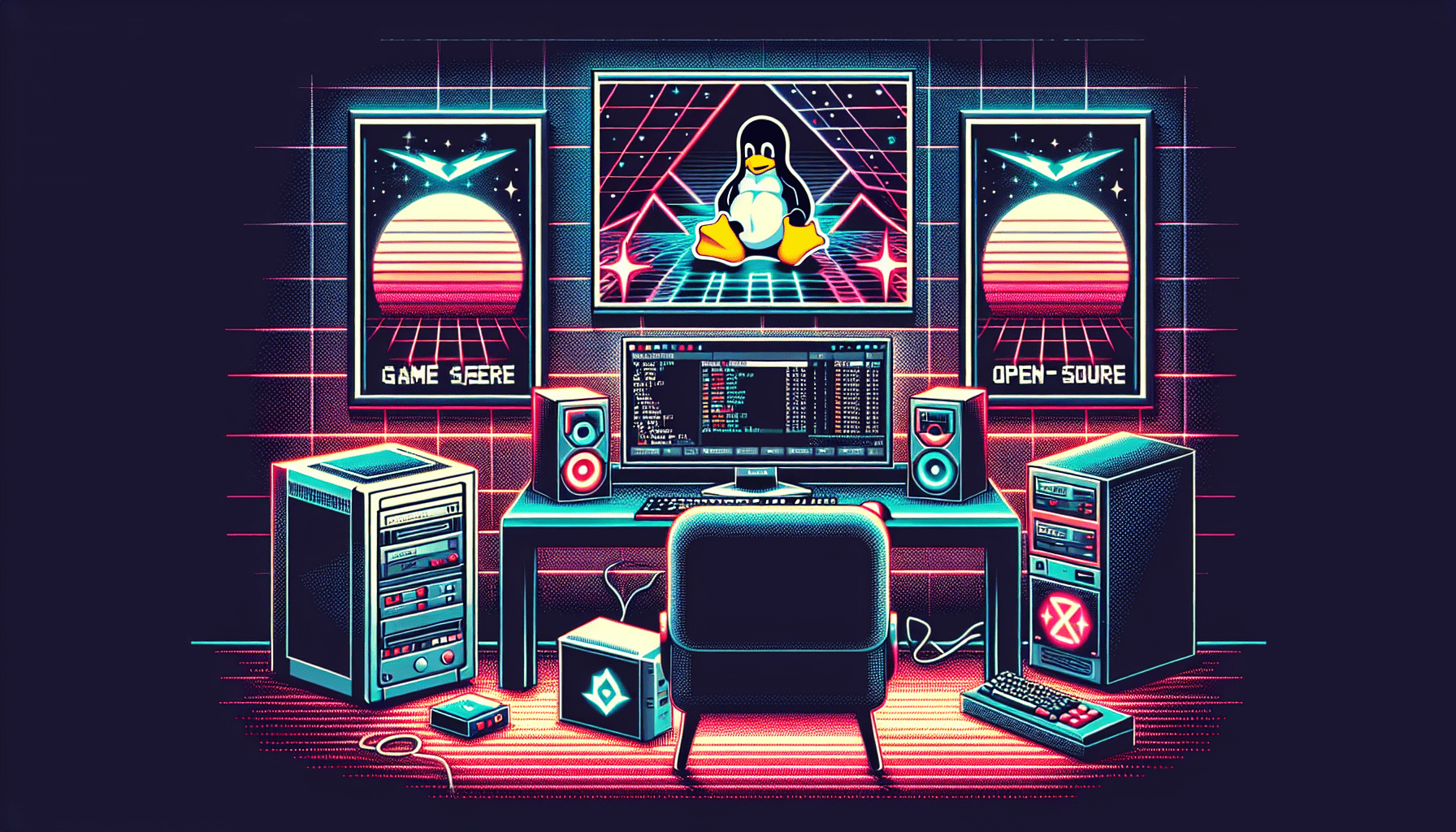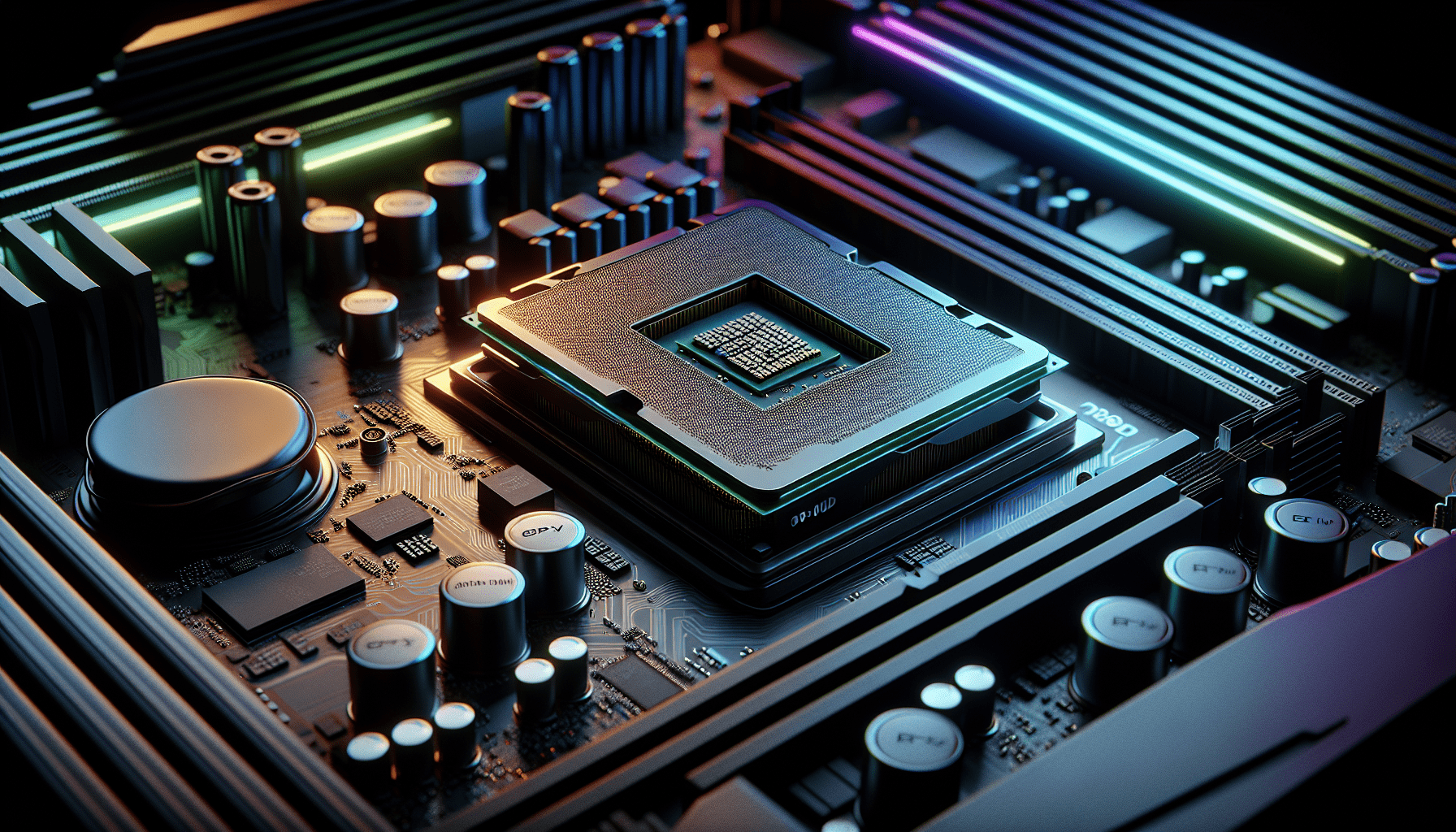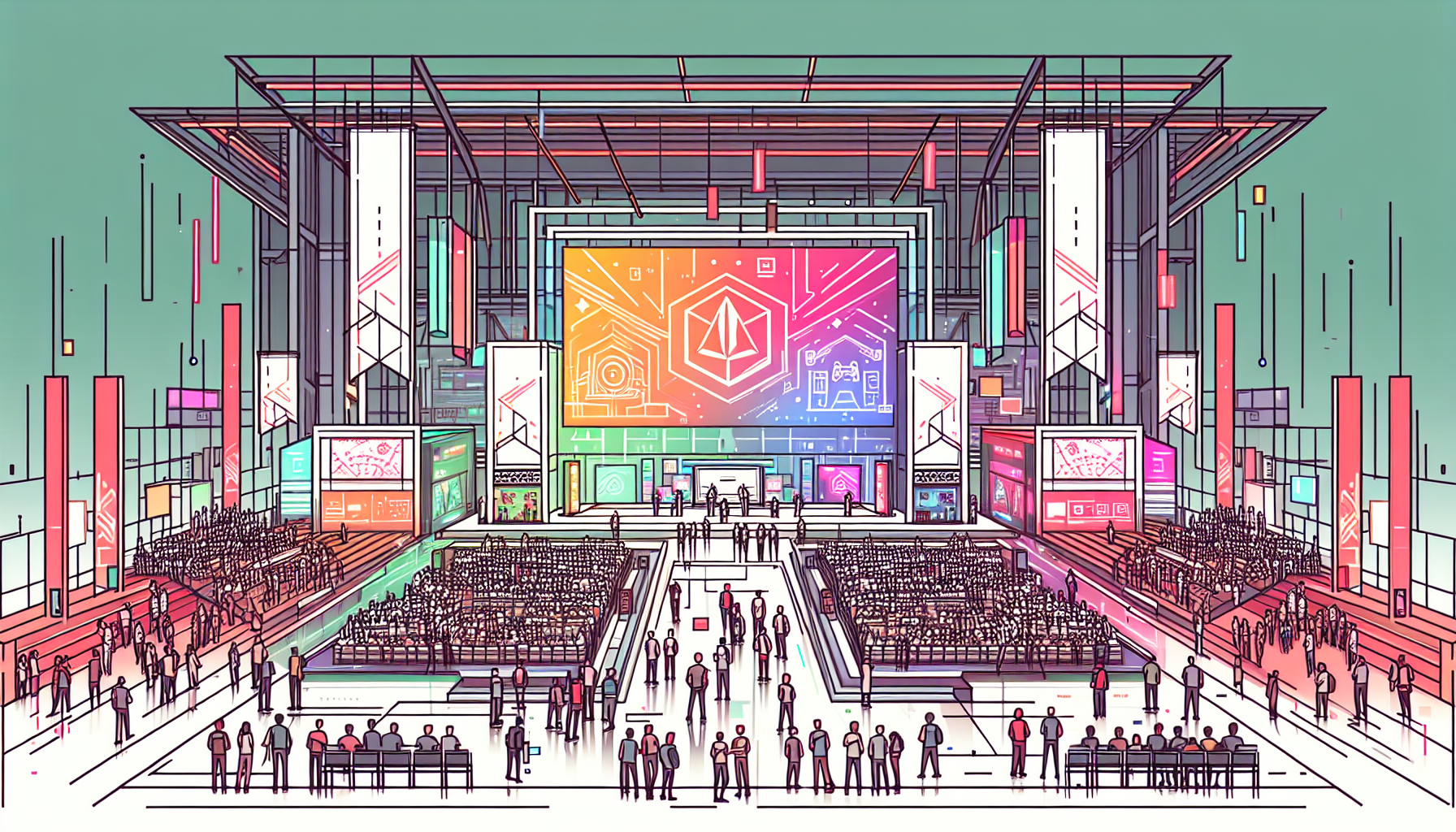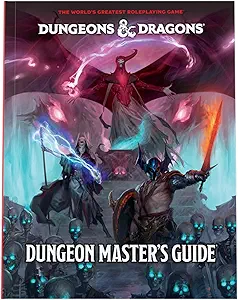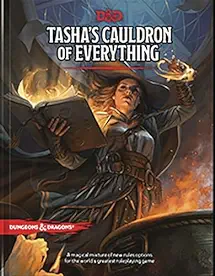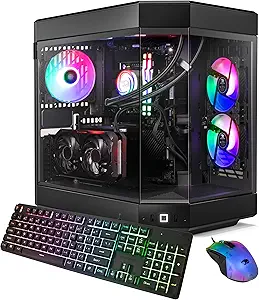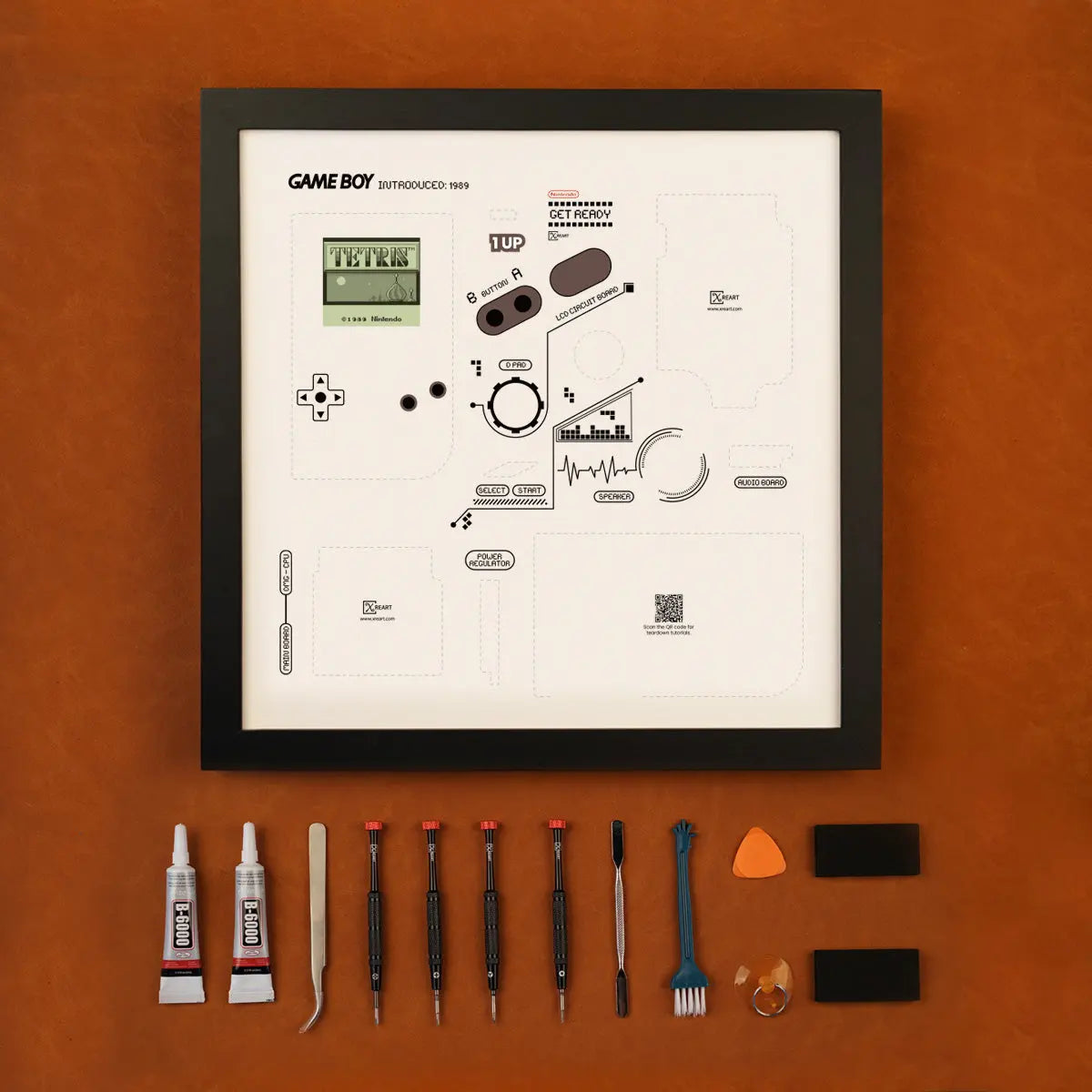Reviving Retro: Open Source Projects to Elevate Linux Gaming in 2024
The gaming world is experiencing a transformation, especially as Linux becomes more prominent on the gaming scene. There was a time when gaming on Linux felt like a distant dream, overshadowed by the dominance of Windows. But here we are, exploring open source projects like DXVK and Lutris that are changing the game—literally. These initiatives have not only improved compatibility but also performance, showing us how collective passion can push the envelope in a continuous quest for better gaming experiences.
Spotlight on DXVK
When talking about open source, DXVK deserves a crown. This Vulkan-based implementation of Direct3D helps Linux gamers tap into their favorite Windows titles. As of now, DXVK boasts an impressive 13.2k stars and 851 forks on GitHub, a testament to its community backing. Check it out here.
At the heart of DXVK’s appeal lies its remarkable ability to translate Direct3D calls to Vulkan, making games run smoother and at higher frame rates. In layman’s terms, this means fewer hiccups and a more immersive experience. Many users laud it for its impact on performance, and one developer sums it up best: “DXVK allows running 3D applications on Linux using Wine.” Who wouldn’t want that?
For those intrigued to dive into the DXVK waters, installation is straightforward. You’ll need Wine along with a few dependencies, of course, but notable titles like The Witcher 3 and Dark Souls III shine thanks to this tool.
Lutris: The Ultimate Game Manager
Next on the list is Lutris, another game-changer that every Linux gamer should consider. With over 7.9k stars and 691 forks on GitHub, Lutris serves as a versatile game manager that unifies the gaming landscape across various platforms. You can explore Lutris here.
What makes Lutris truly special is its seamless integration with platforms like Steam, GOG, and Humble Bundle. Imagine a single hub where you can access titles from all eras without needing to juggle multiple clients. User-created scripts automate installations, making the whole experience painless. The mantra of Lutris echoes loudly: “Lutris helps you install and play video games from all eras.” You can genuinely feel the passion that drives this project.
Unique features like customizable gaming setups and the ability to troubleshoot installation issues set it apart. For the retro gaming enthusiasts out there, Lutris can resurrect classics that many thought would be left in the past.
Preserving Gaming History with Emulators
Moreover, let’s not overlook the importance of game emulation projects integrated into Linux. These initiatives not only allow us to revisit cherished memories but also ensure that gaming history isn’t lost to time. Emulators breathe life into retro experiences that many of us nostalgically reminisce about.
Facing Challenges Together
The community surrounding projects like DXVK and Lutris is vibrant and ever-evolving. Contributions on GitHub foster an environment of collaboration, which is essential given the unique challenges that Linux gamers navigate. Compatibility issues, especially with newer game titles, often pop up in discussions. Yet, developers have shown resilience, responding to concerns and working collaboratively on solutions. It’s like a digital roundtable where everyone’s thoughts matter.
The Road Ahead: What’s Next for Linux Gaming?
As we look toward 2024 and beyond, the horizon is filled with promise. We foresee more innovations as gaming hardware continues to improve and new projects emerge. DXVK and Lutris are poised to adapt and evolve alongside these advancements, keeping their finger on the pulse of gaming technology.
With the rise of cloud gaming and cross-platform play, it’s exciting to think how these open source projects can play a role in ensuring that Linux remains a strong contender in the gaming realm.
Final Thoughts
Open source projects are truly transforming our gaming experiences on Linux. They not only enhance performance and compatibility but also create a sense of community. Let’s support these ardent developers and get involved—whether by contributing code or simply spreading the word. After all, the future of Linux gaming might just depend on our collective efforts.

